Iran, Saudis to invest most in next 24-year gas projects: Group
Iran and Saudi Arabia are set to see the most investment in natural gas projects in the Middle East, Arab Petroleum Investments Corp (Apicorp) says.
Overall, investment in natural gas projects will rise across the Middle East and North Africa where around $211 billion will be spent to expand output between 2020 and 2024, the lender projected in a report Monday.
“Iran and Saudi Arabia are set to see the most activity, with almost $90 billion of planned and committed investment between them by 2024,” Bloomberg reported, quoting Apicorp.
The world’s biggest exporter of liquefied natural gas (LNG), Qatar, will spend $22 billion even as the battle to secure LNG buyers will become “fiercer” over the next two or three years.
International energy agencies in the West say the coronavirus pandemic is on course to dampen demand for fossil fuels.
In the Middle East, while governments are cutting oil-related investments, they are lining up new gas projects as a more eco-friendly alternative to produce electricity.
According to Apicorp chief economist Leila Benali, some producers may opt to consume more gas at home if prices continue to remain low.
“The key question is how you monetize the gas -- whether you export it or consume it domestically,” she told Bloomberg.
Minister of Petroleum Bijan Zangeneh said recently that more than 95 percent of all households in Iran would have access to natural gas once the current administrative government leaves office in August 2021.

With more than 34 trillion cubic meters under its belt, Iran owns the world’s largest natural gas reserves but its share of the global trade in gas is less than one percent. Economists say natural gas will be the main fuel in the next 20 to 30 years.
Iran has significantly boosted production in recent years despite sanctions imposed by the United States on the country’s energy sector.
Growing production has become possible thanks to massive development plans in the sprawling South Pares gas field, the world’s largest gas reserve which is shared between Iran and Qatar in the Persian Gulf.
On Tuesday, Zangeneh said the outbreak of the coronavirus did not halt Iran’s oil production for even one day, the Ministry of Petroleum’s Shana news outlet reported.
Zangeneh touched on his ministry’s measures to maintain production and protect its personnel.
"The Ministry of Petroleum was one of the first bodies to take the lead due to the sensitivity of its activities and the impossibility of shutting down oil activities," he said.
“If oil and gas are not produced, electricity and water will not be produced either,” Zangeneh said.
According to the minister, Iran has overtaken Qatar in recovering gas from South Pars, which is being vacuumed up at a “high speed”. This pace of discharge means production is about to decline soon, he said in February.
“In South Pars, we had a very splendid performance, where our production rose from 280 million cubic meters in 2014 to 670 million cubic meters this year, which is 2.4 times higher,” he said.
Officials say Iran’s total gas production is set to break through one billion cubic meters per day by next year. Total consumption by households normally hits record highs of 600 mcm a day during the winter.
For now, Iran’s only major gas customers are Turkey and Iraq. The deal with Turkey dates back to 1996, meaning it is not targeted by sanctions.
But the Islamic Republic cannot easily repatriate its funds from Iraq where Iran’s money from exports of gas and electricity was once said to have piled up to $5 billion in a bank account.
Head of the Central Bank of Iran Abdolnaser Hemmati traveled to Baghdad Monday, announcing later in the day that an agreement had been reached with Iraqi officials to unlock Iranian funds.
The deal, he said, allows Iran to use accumulated payments from energy exports to buy essential goods from Iraq.
Iraq relies on Iran for natural gas that generates as much as 45% of its electricity. Iran transmits another 1,200 megawatts directly, making itself an indispensable energy source for its Arab neighbor, but the United States is trying to pry Baghdad away from Tehran’s orbit.
The US has been enlisting its companies and allies such as Saudi Arabia to replace Iran as Iraq’s source of energy.
Officials in Baghdad have said there is no easy substitute to imports from Iran because it will take years to adequately build up Iraq’s energy infrastructure.
They have said American demand acknowledges neither Iraq’s energy needs nor the complex relations between Baghdad and Tehran.
In addition to natural gas and electricity, Iraq imports a wide range of goods from Iran including food, agricultural products, home appliances, and air conditioners.
VIDEO | Press TV's news headlines
Israel to let displaced Palestinians return to north Gaza
Israel-Lebanon ceasefire extended till February 18
VIDEO | 'We will not leave our land to Israel'
Trump orders sanctions on Colombia after Petro blocks deportation flights
VIDEO | Israeli violation of ceasefires
Iran's IRGC Aerospace Force unveils ‘Gaza’ super-heavy drone
VIDEO | Switzerland arrests Palestinian-American journalist Abunimah




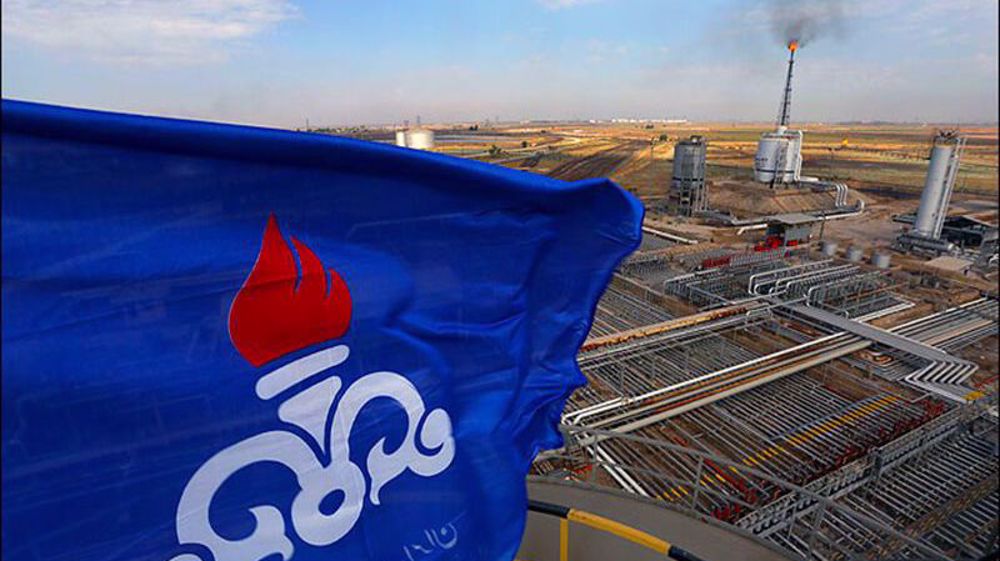
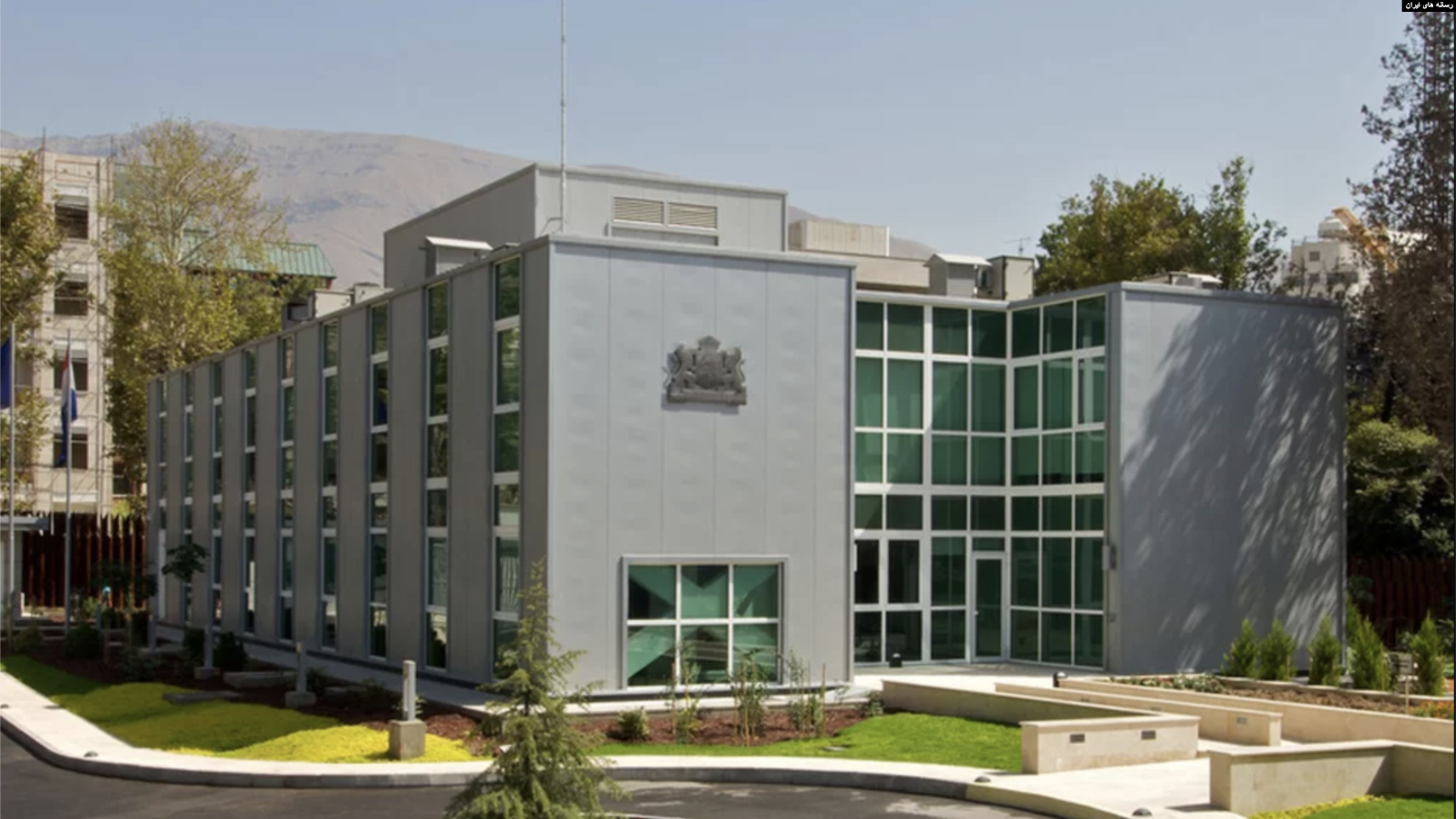
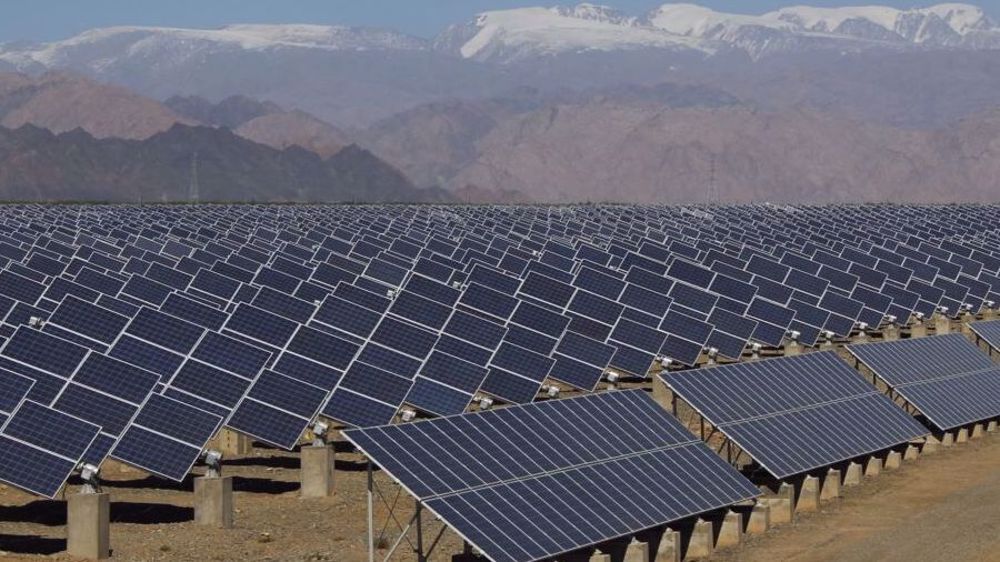



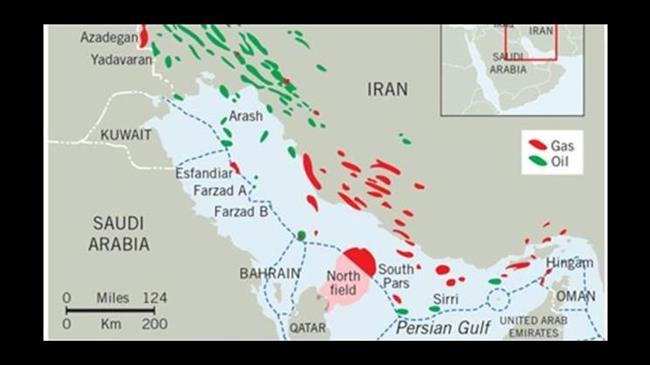
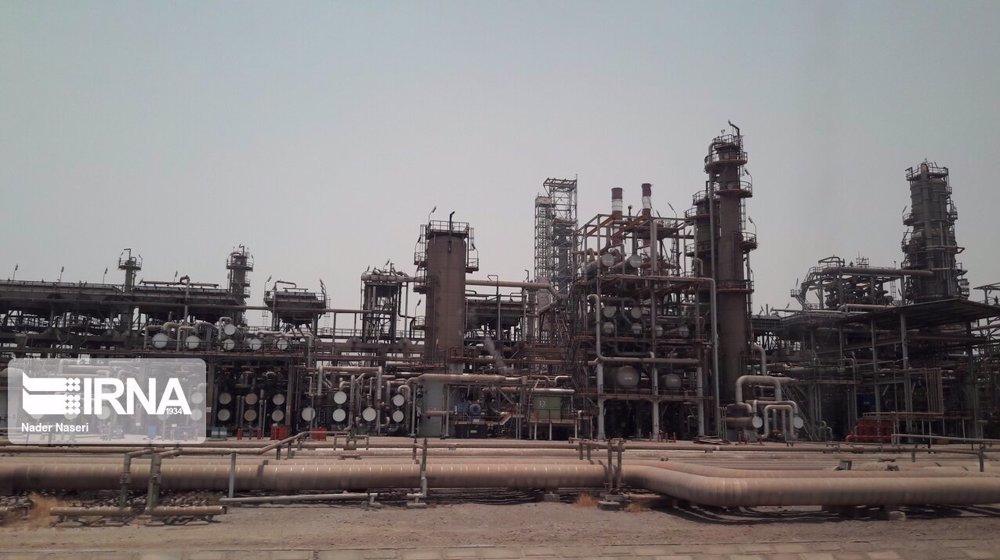



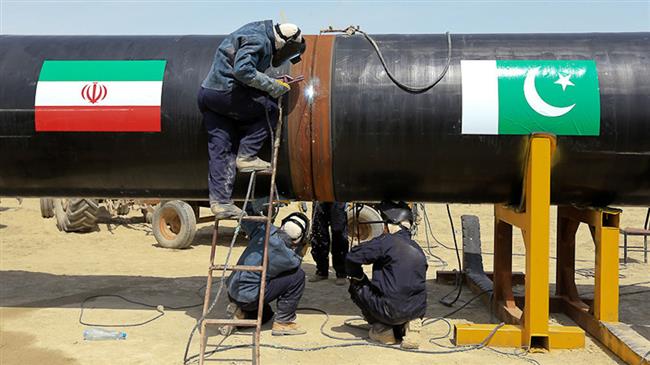

 This makes it easy to access the Press TV website
This makes it easy to access the Press TV website